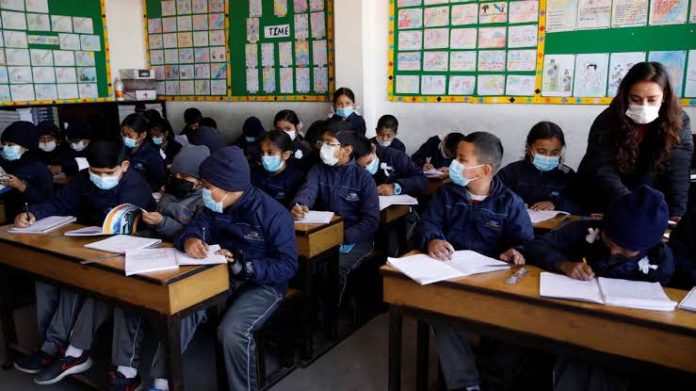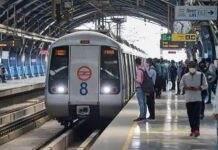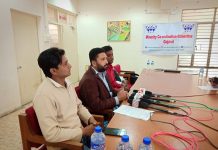A study by National Statistical office reveals some bitter facts about the largest minority
New Delhi siyasat.net
A 2020 study by the National Statistical Office suggested that the educational marginalisation of Muslims was worsening, with lower attendance ratios than other minorities or SC/STs, lower female literacy and a higher proportion of youth without any formal education.
On another disturbing parameter, which was apparently dropped from the Sachar report-that of incarceration rates-it emerges from the latest (2019) National Crime Records Bureau (NCRB) data that the number of Muslim inmates in Indian prisons remains disproportionately high (around 18 per cent) while the figure for detenues has risen significantly, with Muslims accounting for some 35.8 per cent of all detenues.
But such dismal statistics now resonate more ominously in a political climate in which Muslims have been increasingly stigmatised in a string of political campaigns often openly promoted by elements in the ruling party and amplified by social media. From the ‘gau raksha’ lynchings to the CAA-NRC ‘chronology’ threat, the Delhi riots to the unrelenting conspiracy theories of ‘Corona jihad’, ‘love jihad’, ‘UPSC jihad’, Muslims have good reason to suspect that a Hindutva-dominated India has little place for them. Except as a convenient and perpetually marginalised bogey.
The politics of communal polarisation have also shut Muslims out of electoral representation to a remarkable degree and recent years have set dramatic new benchmarks in the decline of Muslim representation in the national and state assemblies.
Nationally, the BJP has now won successive majorities without a single Muslim MP and regionally, as the scholar Christophe Jaffrelot points out, “in general, when the BJP conquers a new state that was ruled by a regional party, the number of Muslim MLAs drops.”
This was dramatically demonstrated in Uttar Pradesh in 2017 when the proportion of Muslim MLAs dropped from 17 per cent to 6 per cent, he notes, but the 2020 Bihar election has since marked another milestone, as the first time since Independence that a state government here would be devoid of a single Muslim minister or MLA.
While the Sachar report also produced a set of recommendations which were taken up by the newly established ministry of minority affairs (the ‘progress’ is on display on the ministry’s website), most available data and research suggest there has been no substantive improvement in the condition of the Muslim poor (‘every third Muslim is multidimensionally poor’, according to a 2018 UNDP report).
A 2018 NITI Aayog report found that more than half the 20 most backward districts in the country were ‘Muslim dominated’ while a 2016 report on intergenerational socio-economic mobility found that “Muslims are losing substantial ground in intergenerational mobility, and currently have lower mobility than either Scheduled Castes or Scheduled Tribes.
(www.siyasat.net is Ahmedabad, Gujarat, India based website)
An Appeal For The Sake Of Upright & Fearless Brand Of Journalism
To sustain and improve our coverage. Gujarat siyasat- a vernacular Fortnightly and English٫ Hindi Website www.siyasat.net
Your little but timely support is needed۔
Bank details، GUJARAT SIYASAT, Current Account 204720110000318, ifsc code BKID0002047 BANK OF INDIA , VASNA BRANCH, AHMEDABAD GUJARAT INDIA
Also on Phone pay, Paytm,Google pay +91 9925531111
We hope you help and see siyasat.net grow. And rejoice that your contribution has made it possible.
सत्य को ज़िंदा रखने की इस मुहिम में आपका सहयोग बेहद ज़रूरी है। आपसे मिली सहयोग राशि हमारे लिए संजीवनी का कार्य करेगी और हमे इस मार्ग पर निरंतर चलने के लिए प्रेरित करेगी। याद रखिये ! सत्य विचलित हो सकता है पराजित नहीं।
Regards,
Abdulhafiz Lakhani
editor@siyasat.net


































